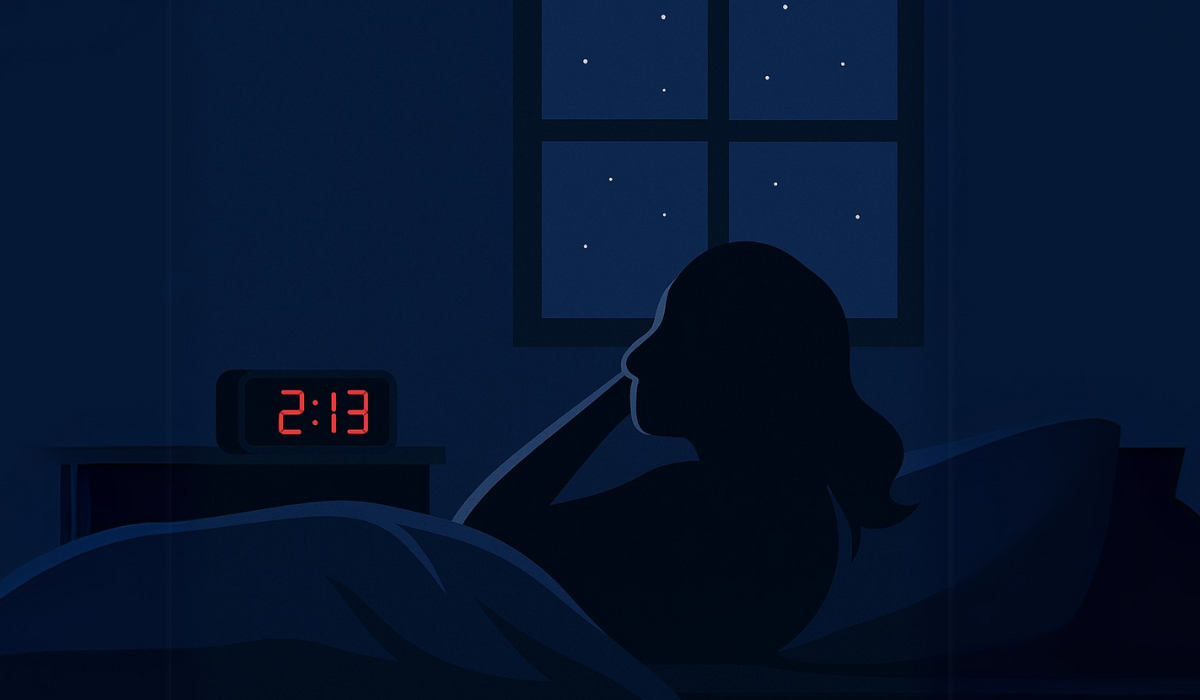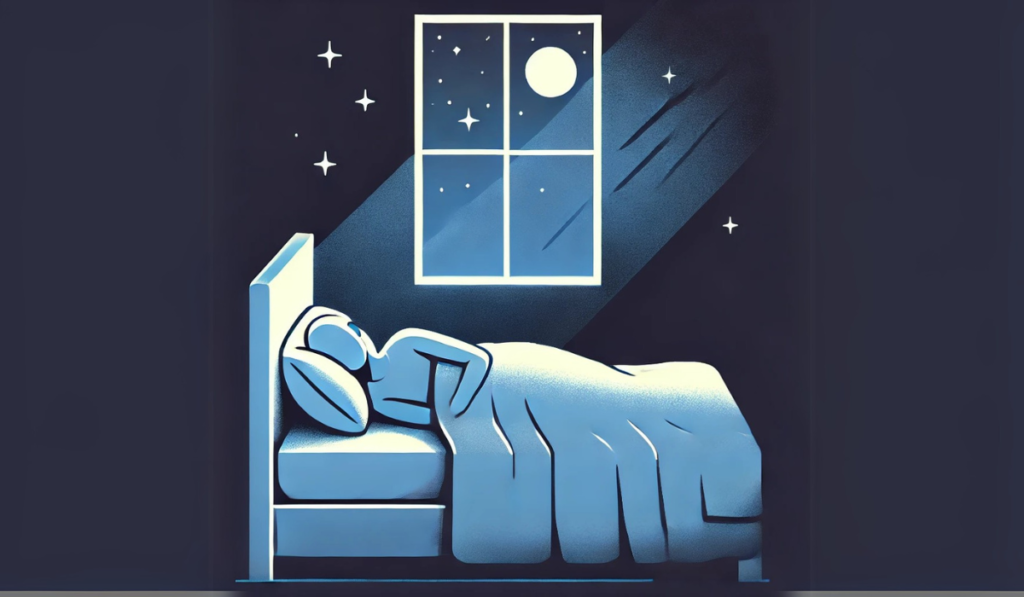The Sleep Paradox: Stay Awake to Fall Asleep
It’s the middle of the night. You’re staring at the ceiling. Your mind is racing. Your body feels tired.
But your brain refuses to shut off.
You think: “I need to sleep. I’ll be wrecked tomorrow.”
You toss. You turn. You check the clock—again.
Now you’re frustrated and wide awake. But what if the real problem is… you’re trying too hard?
The Backfire Effect of Forcing Sleep
Most people try to fight insomnia with effort. They focus harder. They tighten control.
They try meditation, melatonin, and mindfulness—with one goal: fall asleep now. But sleep doesn’t respond to force.
It responds to surrender.
Trying to make yourself sleep actually activates your brain. You create pressure. That pressure keeps you alert.
Enter: The Sleep Paradox
The Sleep Paradox flips the script. Instead of forcing sleep, you invite wakefulness. You stop trying to fall asleep—and instead, gently try to stay awake.
Sounds ridiculous? That’s exactly why it works.
Why It Works: The Brain Hates Being Controlled
The brain resists pressure—especially under stress. When you command yourself to sleep, the brain treats it like a demand.
It triggers alertness, not rest. But when you say, “Fine, I’ll stay awake,” your brain lets go.
That surrender creates the perfect condition for sleep to naturally return.
This technique is called Paradoxical Intention.
This Isn’t Sleep Deprivation. It’s Sleep Rewiring.
The Science Behind It
Viktor Frankl, MD, PhD
Austrian neurologist and founder of Logotherapy, Frankl introduced paradoxical intention in the 1940s. His advice for insomniacs was simple: Stop trying to sleep. Try to stay awake.
When patients stopped fearing sleeplessness, they started sleeping again.
Colin Espie, PhD – University of Oxford
Espie’s research showed this technique outperformed traditional sleep strategies.
Why? It reduced performance anxiety—a major cause of insomnia.
Try It Tonight: A Simple Step-by-Step
- Lie down and get comfortable.
- Gently keep your eyes open. Don’t strain.
- In your mind, repeat: “I will stay awake.”
- Stay casual. Don’t try hard.
- Let go of the goal.
- You’re not “trying to sleep.” You’re allowing whatever happens.
It may feel silly at first. That’s okay. You’re retraining your mind to stop fighting itself.
What to Expect: Subtle, Not Instant
This isn’t a sleep “hack.” It’s a mindset shift. The first night may feel odd. But with practice, the pressure lifts.
And when pressure fades, sleep often returns on its own.
You’re Not Failing at Sleep—You’re Just Trying Too Hard
Insomnia isn’t always about your body. It’s often about the mind. Stop fighting. Start accepting.
The Sleep Paradox helps not by doing more—but by doing less. Try it tonight. Let go of control.
Let sleep come to you.
References
1. Frankl, V. E. (1946). Man’s Search for Meaning.
2. Paradoxical Intention for Insomnia: A Systematic Review and Meta-Analysis
Insomnia Insight – Paradoxical Intention, Dr. Daniel Erichsen



